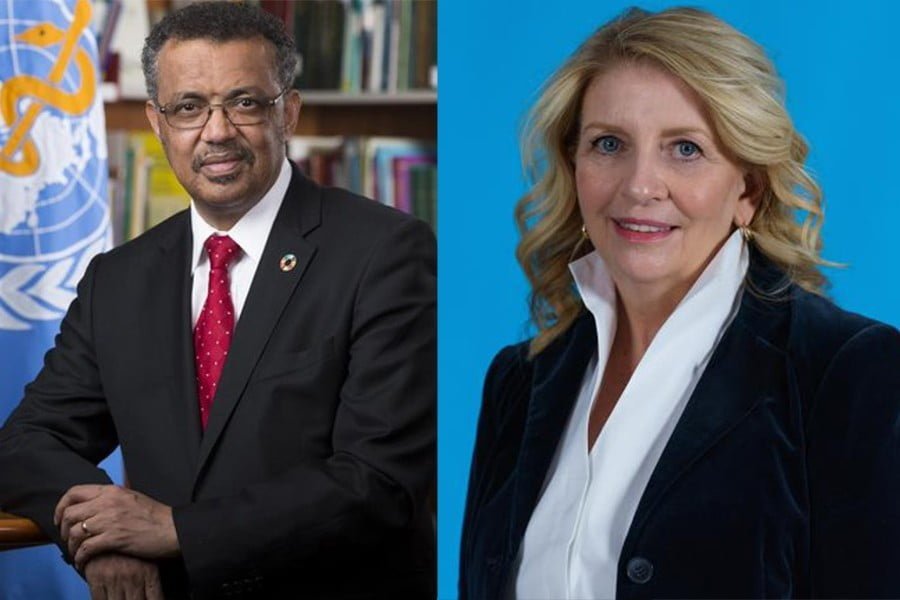In a joint statement, UNICEF Executive Director Catherine Russell and WHO Director-General Dr. Tedros Adhanom Ghebreyesus highlight the progress made in increasing exclusive breastfeeding rates globally.
However, they emphasize the need for greater breastfeeding protection and support, especially in the workplace, to achieve the global 2030 target of 70% breastfeeding rates.
Over the past decade, exclusive breastfeeding rates have risen by an impressive 10 percentage points, reaching 48% globally. Notable achievements in countries like Cote d’Ivoire, Marshall Islands, the Philippines, Somalia, and Viet Nam demonstrate the potential for progress when breastfeeding is promoted and supported.
Yet, challenges remain, particularly when women return to work. Evidence shows that breastfeeding rates decline significantly after the transition back to the workplace. To overcome this, UNICEF and WHO stress the importance of creating family-friendly workplaces.
Policies such as paid maternity leave, breastfeeding breaks, and designated breastfeeding rooms prove vital in facilitating mothers to continue breastfeeding their infants while at work.
The benefits of supporting breastfeeding extend beyond families to employers as well. Family-friendly policies reduce maternity-related absenteeism, increase the retention of female workers, and lower hiring and training costs for businesses.
Both UNICEF and WHO assert that breastfeeding is an essential intervention for child survival and development. It provides infants with protection against infectious diseases and vital nutrients crucial for their growth and development. Exclusively breastfed babies are 14 times less likely to die before their first birthday compared to those not breastfed.
Hence, UNICEF and WHO urge governments, donors, civil society, and the private sector to step up efforts to create supportive breastfeeding environments for working mothers, even in the informal sector or temporary contracts. They call for access to regular breastfeeding breaks and appropriate facilities to enable mothers to continue breastfeeding after returning to work.
Additionally, the organizations advocate for sufficient paid leave for working parents and caregivers. They recommend a minimum of 18 weeks of paid maternity leave, preferably lasting six months or more after childbirth.


